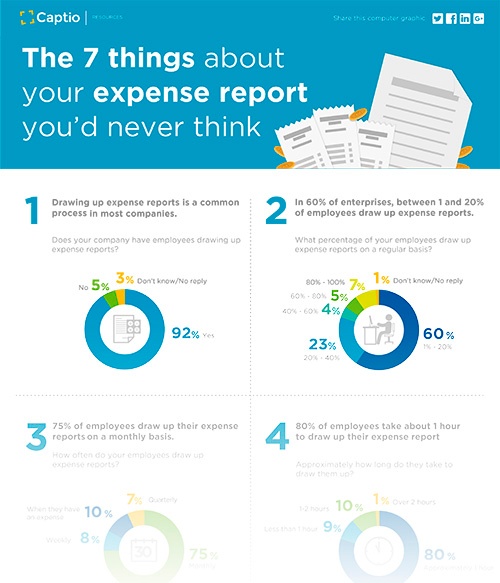Mobility during the working day has become a general rule for many professionals. Events, meetings and customer visits outside the city all form part of the weekly routine. All of the companies have expense policies in place but, sometimes, keeping per day and mileage allowances under control is particularly challenging. Find out how to achieve this.
Having to travel for work-related reasons forms part of the everyday routine of many professionals. This involves an endless list of expenses ranging from train tickets to invoices, taxi rides to fuel, of course. In other words, corporate travellers generate travel expenses that are often covered by allowances. It is often the case that employees that have to travel in the course of their working day also generates living expenses without having to eat at a restaurant or stay at a hotel. These cumulative expenses can upset the company’s financial balance.

Here are some tips that enable you to keep mileage and per day allowance expenses under control:
- Specify what type of transport and living expenses are covered for each professional, setting out the related conditions and budget limits. Guidelines should also be set with respect to when and under what circumstances this limit can be exceeded. Moreover, the company’s expense policy has to define the process and requirements for verifying any travel expense. In the case of living allowances, the company must request contextual information with respect to the trip. For travel-related expenses or receipts for tolls and parking, for instance, factors are often reported such as the purpose of the trip and the customer visited.
- Monitor the list of invoices, but also collect and file receipts for each of them effectively.
- Digitize and automate the process. These first two tasks, as a rule, require a lot of time, particularly for members of the Finance team in charge of supervision. A practical solution is to have a digital platform that facilitates the company’s travel expense management. This enables us to optimize the time spent on expense supervision and enhances operability and efficiency.




